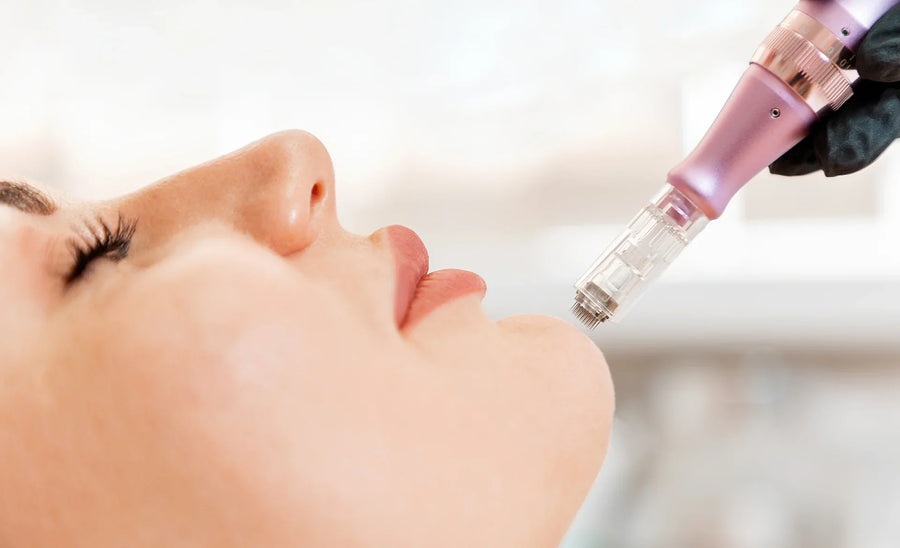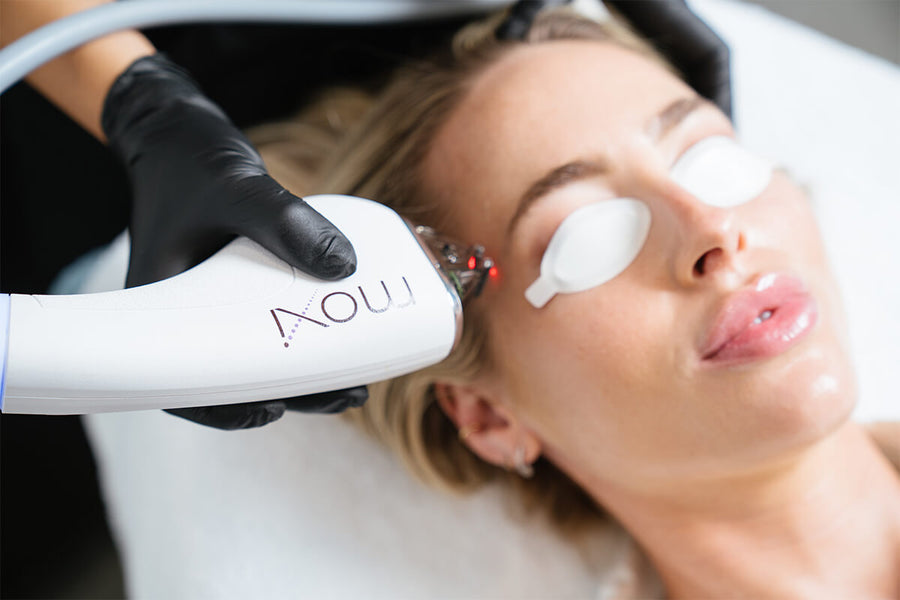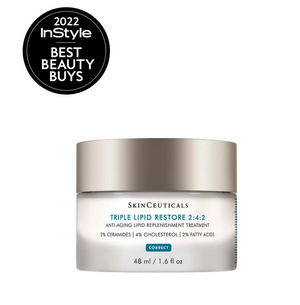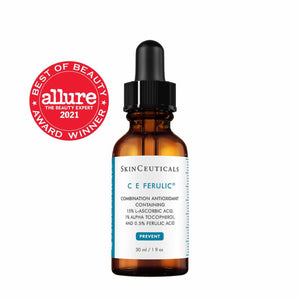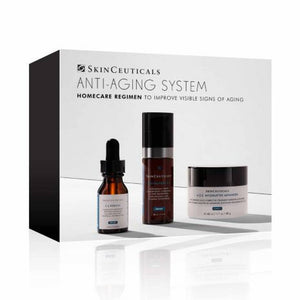
Tips for Glowing Skin: Expert Advice from Bella Santé
A radiant, healthy-looking complexion is always in style. But glowing skin isn’t just about genetics, it’s the result of thoughtful care, consistent routines, and professional support when you need it. Whether you're refining your regimen or starting from scratch, these expert tips for glowing skin will help you reveal your most luminous self.
At Bella Santé, our award-winning aestheticians have spent decades helping guests achieve beautiful, glowing skin. Here are five simple, powerful ways to get started.
1. Prioritize a Thoughtful Skincare Routine
The most important skin care tip for glowing skin? Get serious about your routine. Cleanse, exfoliate, moisturize, and protect your skin in the right order, using products that match your skin type and concerns.
Bella Santé Tip: Exfoliation helps brighten dull skin, but over-exfoliating can do more harm than good. If you're not sure what your skin needs, consult with a licensed aesthetician—or try one of our customized facials.
2. Hydrate: Inside and Out
Your skin reflects your internal hydration levels. Drink water consistently throughout the day and apply hydrating skincare products that lock in moisture, like hyaluronic acid or glycerin.
Beauty Tip: Don’t forget to seal your products in. After applying your serums, use a nourishing moisturizer to keep all that goodness from evaporating.
3. Protect with SPF Every Single Day
Sun damage is the most common reason glowing skin becomes dull over time. Apply broad-spectrum sunscreen with SPF 30+ every morning, even in winter or on cloudy days.
Skin Aesthetician Tip: UVA rays penetrate windows, so if you're near natural light, your skin is exposed. SPF is your daily armor.
4. Support Cell Turnover with Pro Treatments
For brighter skin fast, sometimes you need more than just at-home care. In spa treatments like dermaplaning, HydraFacial, or a Cool Peel can help reveal fresher, healthier skin underneath the surface.
5. Nourish Skin From Within
A glowing complexion starts with what you put in your body. Focus on antioxidant-rich foods like berries, leafy greens, and healthy fats. Limit sugar and processed foods, which can cause inflammation and dullness.
Glowing Skin Tip: Try sipping green tea or adding collagen-boosting foods to your diet—your skin will thank you.
Beautiful Glowing Skin Starts Here
Consistency matters. The best tips for glowing skin aren’t one-time fixes but sustainable practices. Whether you’re looking for at home skincare advice or professional treatments, the team at Bella Santé is here to support your skincare journey.
Frequently Asked Questions
What are the top tips for glowing skin?
Prioritize a daily skincare routine, use SPF, stay hydrated, get professional treatments like a Cool Peel, and nourish your body with healthy foods.
Do I need to see an aesthetician to get glowing skin?
You can make progress at home, but a licensed aesthetician can personalize your treatments and help you get faster, longer-lasting results.
Is glowing skin achievable for everyone?
Yes. With the right routine and guidance, all skin types can achieve a healthy, luminous look.
What products are best for glowing skin?
Look for ingredients like Vitamin C, hyaluronic acid, and peptides. We recommend medical-grade skincare available in our spa locations or online.
How often should I get a facial for glowing skin?
Most guests benefit from monthly facials, but your aesthetician can suggest a plan based on your skin’s condition and goals.
*Written by the award-winning skin care team at Bella Santé. Serving Boston, Wellesley, and Lexington.*

